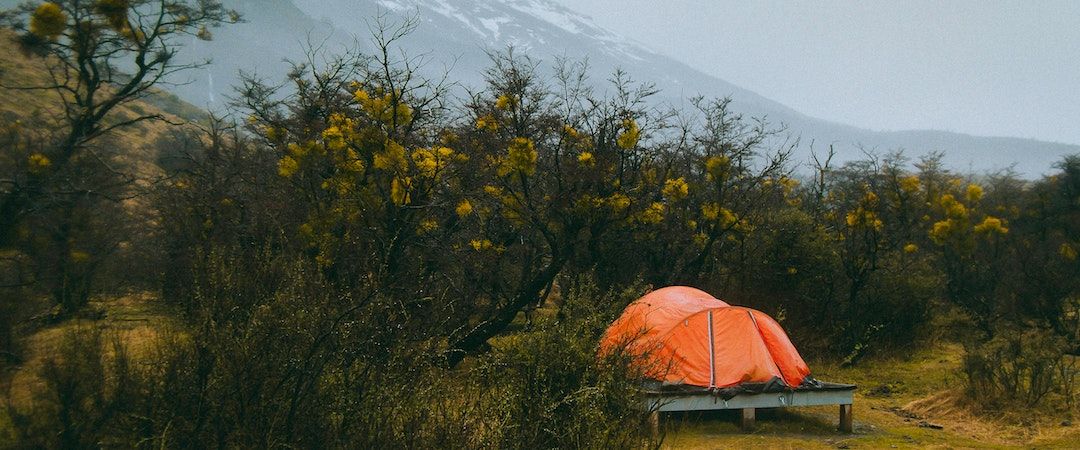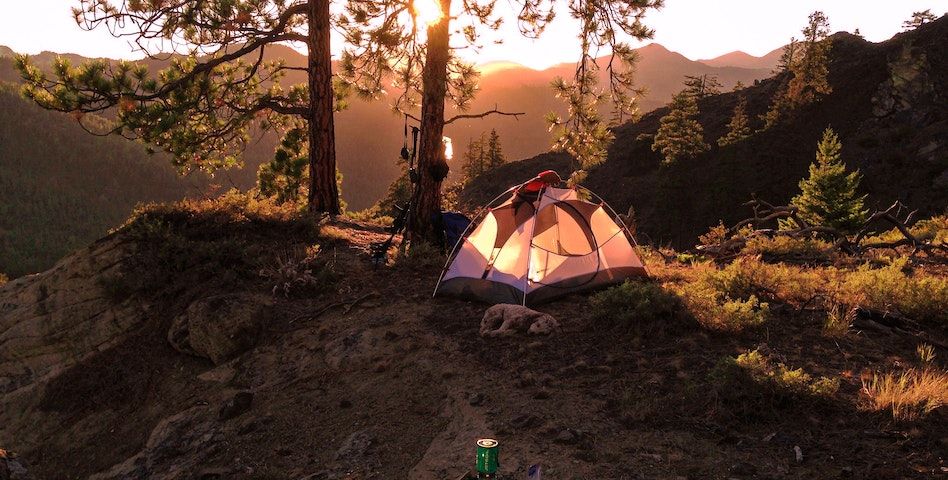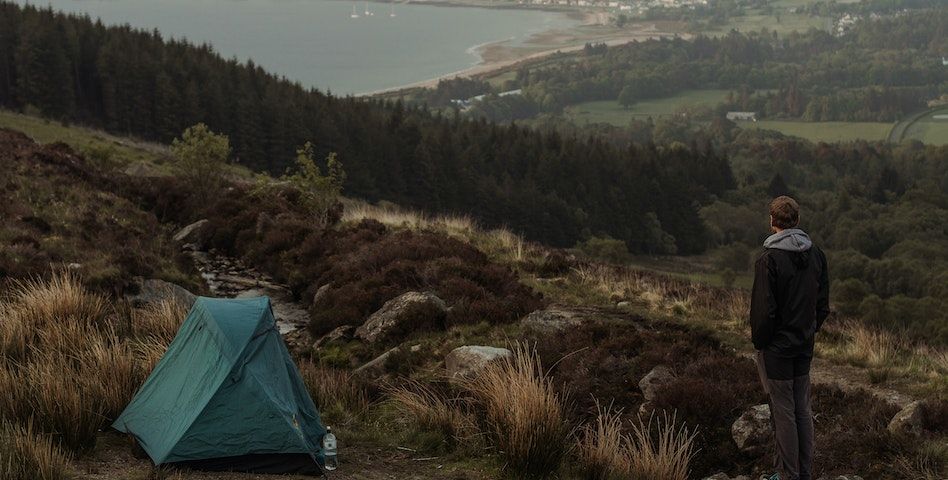Embracing the Outdoors: Essential Tips for a Memorable Camping Experience
In this blog, we'll delve into the key elements that contribute to a successful camping trip, helping you make the most of your time in nature.

Camping, with its promise of fresh air, starlit nights, and a break from the daily grind, is a beloved adventure for many. Whether you're a seasoned camper or a first-timer, preparing for a camping trip requires thoughtful planning and consideration. From selecting the right gear to respecting the environment, there are essential things to keep in mind to ensure a safe and enjoyable camping experience. In this blog, we'll delve into the key elements that contribute to a successful camping trip, helping you make the most of your time in nature.
Selecting the Perfect Destination
The first step in planning a camping trip is choosing the right destination. Research different camping sites, taking into account factors like accessibility, scenery, and the activities available. Consider whether you prefer a secluded wilderness experience or a more developed campground with amenities.

Research Local Regulations
Different camping areas may have specific regulations regarding camping permits, campfire restrictions, and waste disposal. Familiarize yourself with the rules of your chosen destination to ensure you follow guidelines and leave no trace.
Check the Weather Forecast
Weather conditions can greatly impact your camping experience. Check the weather forecast for your chosen dates and location. Be prepared for changing conditions and pack accordingly, including rain gear and warm clothing for cooler evenings.
Gearing Up for Comfort and Safety
Selecting the right gear is crucial for a comfortable and safe camping experience. Ensure you have a sturdy tent, sleeping bag, and camping mat to provide a good night's rest. Invest in quality outdoor clothing and footwear that can withstand various weather conditions.
Create a Checklist
To avoid forgetting essential items, create a comprehensive camping checklist. Include items such as cooking equipment, first aid supplies, personal hygiene items, and any special equipment needed for planned activities.
Test Your Gear Beforehand
Before heading out, set up your tent and test your camping gear to ensure everything is in working order. This step helps you avoid surprises and provides the opportunity to address any issues before you're at the campsite.
Respecting the Environment: Leave No Trace
Camping responsibly means leaving nature as you found it. Follow the Leave No Trace principles, which include packing out all trash, minimizing campfire impact, respecting wildlife, and staying on designated trails.
Pack Out What You Pack In
Dispose of trash and waste properly by bringing a designated bag for garbage and recyclables. Avoid leaving any trace of your presence at the campsite.
Use Established Campsites
Whenever possible, use established campsites to minimize your impact on the environment. Pitch your tent in designated areas and avoid trampling on vegetation.
Practice Responsible Campfire Use
If campfires are allowed, use established fire rings or designated fire areas. Keep fires small, and always fully extinguish them before leaving. Alternatively, consider using a portable camping stove for cooking.
Safety First: Preparedness and Awareness
Staying safe while camping is paramount. Familiarize yourself with potential hazards in your camping area, and be prepared for emergencies with first aid supplies and knowledge of basic first aid techniques.
Share Your Itinerary
Let someone know your camping plans, including your destination, expected return date, and contact information. This ensures that someone is aware of your whereabouts in case of unexpected situations.

Carry a First Aid Kit
A well-equipped first aid kit is a camping essential. Include items like adhesive bandages, antiseptic wipes, pain relievers, and any necessary prescription medications.
Know Basic Wilderness Skills
Being prepared includes knowing basic wilderness skills such as navigation, building a shelter, and purifying water. These skills can prove invaluable in unexpected situations.
Be Aware of Wildlife
Depending on your camping location, you might encounter wildlife. Research the types of animals in the area and understand how to safely interact with them. Store food securely to prevent attracting animals to your campsite.

Conclusion
Camping is a rewarding adventure that allows you to disconnect from the modern world and immerse yourself in nature. By following these essential tips, you can ensure a safe, enjoyable, and environmentally responsible camping experience. From selecting the right gear to respecting the environment and prioritizing safety, each aspect contributes to the overall success of your trip.
So whether you're camping under the stars, near a serene lake, or in the heart of the wilderness, embracing the outdoors with careful planning and a sense of adventure promises memories that will last a lifetime.